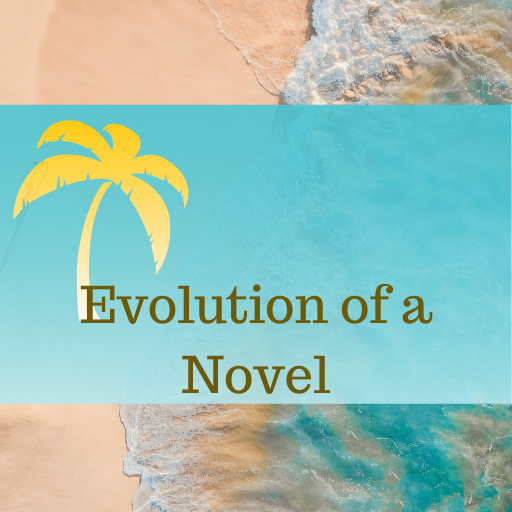When Is a Book Ready for Editing?
Both authors and editors have the same question at some point in the book writing / publishing process: When is a book ready for editing?
So When IS a Book Ready for Editing?
The creative process is not timely and linear, which is why, as an editor, I don’t book edits before an author’s manuscript is finished, though I will book coaching when an author is stalled and needs to do some brainstorming and problem-solving.
I implemented this policy after the tenth or twelfth writer who had booked an edit said something like, “I know the ending is rushed” or “I know Josiah needs a stronger character arc,” but “I didn’t want to miss the deadline to send this to you.”
The thing is, if the author already knows the ending is rushed and Josiah needs a stronger character arc, what is this manuscript doing in my inbox? The author should address what they know are the problems.
I come in – or at least I should come in – once the author has done all he or she knows how to do to polish the story. I’m the second pair of eyes that helps them see what they can’t. They don’t need me to see what they already see.
Most writers, including me, have day jobs and family obligations, and sometimes these get in the way of our ability to do the work in a timely fashion. But even for writers who adhere to a strict schedule, any particular project may or may not cooperate.

Let the Process Drive the Deadline
Most of us would do better to let the process drive the deadline and not the other way around. If it will take a few more weeks to figure out Josiah’s character arc, then let it take a few more weeks.
That’s not to say that you shouldn’t try to meet a deadline; sometimes, a deadline is what keeps our attention on a particular project. I’m just saying that we also have to respect the process: if the manuscript isn’t ready on Tuesday the 15th, it’s not ready. Trying to pretend it is doesn’t do the work justice.
If you’re hustling to meet a deadline and overlooking issues you know exist, take a step back. Let the process have a say.
Tips for Editors & Writers
Helping Authors Strengthen Story Settings
The setting of a novel consists of multiple elements, big and small, that nest inside each other like those little Russian dolls. We might show this hierarchy of settings like so: If you think about it, the micro setting of “the living room of 601 San Mateo Road Apartment 16” implies the existence of all…
Setting problems: lack of concrete locations
Writers often use setting like a painted backdrop to their stories, rather than as an integral element of their storytelling. As DEs, we can help them make the setting come to life. If we think of Wuthering Heights, we think of the Yorkshire moors. When we think of Moby Dick, it’s a whaler on the…
Join the Club!
New to story editing? Begin at the beginning.





